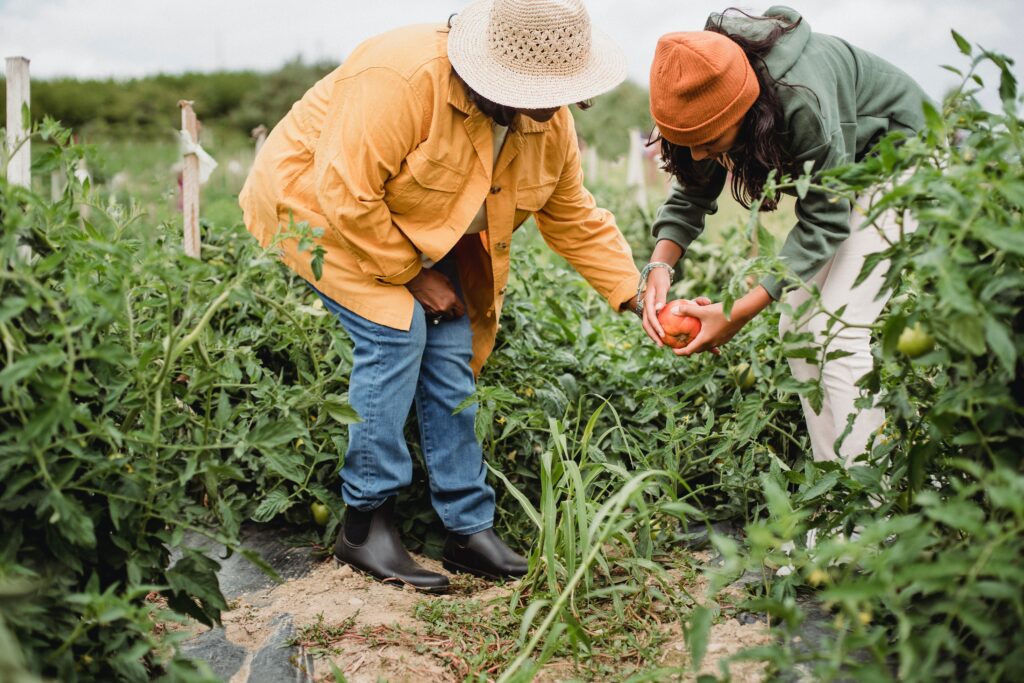![]()
 Agriculture is a vital sector for the United States, contributing significantly to its economy and ensuring food security for its citizens. However, the industry faces numerous challenges, including soil health and sustainability, climate change, and the need for innovation. In this article, we’ll explore some of the current problems facing US agriculture and the promising advances being made to address them.
Agriculture is a vital sector for the United States, contributing significantly to its economy and ensuring food security for its citizens. However, the industry faces numerous challenges, including soil health and sustainability, climate change, and the need for innovation. In this article, we’ll explore some of the current problems facing US agriculture and the promising advances being made to address them.
Soil Health and Sustainability: Major Challenges Facing American Farmers
The soil is the backbone of agriculture, and its health is crucial for the sustainability of farming. Unfortunately, soil degradation due to overuse, erosion, and pollution has become a significant challenge for American farmers. In recent years, the excessive use of pesticides and synthetic fertilizers has led to a decline in soil quality, reducing crop yields and impacting the environment. This degradation also affects water quality, leading to eutrophication and other environmental issues. To tackle these challenges, farmers are turning to organic and regenerative methods of farming, which prioritize soil health by promoting natural processes such as crop rotation, cover cropping, and composting.
From Farm to Table: How Climate Change is Impacting US Agriculture
Climate change is one of the most significant challenges facing agriculture today. Extreme weather events such as floods, droughts, and heatwaves are becoming more frequent, impacting crop yields and increasing the risk of soil erosion. Additionally, climate change is affecting the nutritional quality of crops, reducing their ability to provide essential vitamins and minerals. To mitigate these effects, farmers are adopting climate-resilient practices such as drought-resistant crops, water-efficient irrigation, and carbon sequestration. These practices not only reduce the impact of climate change but also contribute to a more sustainable and profitable agriculture industry.
Growing Solutions: Promising Advances in Tackling Agricultural Issues
Innovations in technology and farming practices are providing solutions to many of the challenges facing the agriculture industry. Precision agriculture, for example, uses data analytics and sensors to optimize crop yields by precisely applying fertilizers and pesticides. This technology helps reduce the environmental impact of farming and improves profitability by reducing input costs and increasing yields. Additionally, vertical farming and hydroponics are revolutionizing the way we grow crops by enabling production in urban areas and reducing water use. These promising advances in agriculture are helping to create a more sustainable and resilient industry for the future.
The challenges facing US agriculture are significant, but there are reasons for optimism. With innovations in farming practices and technology, farmers are tackling issues such as soil health, climate change, and sustainability, creating a more profitable and sustainable industry. By working together, the agriculture industry can continue to cultivate a better future for all.
